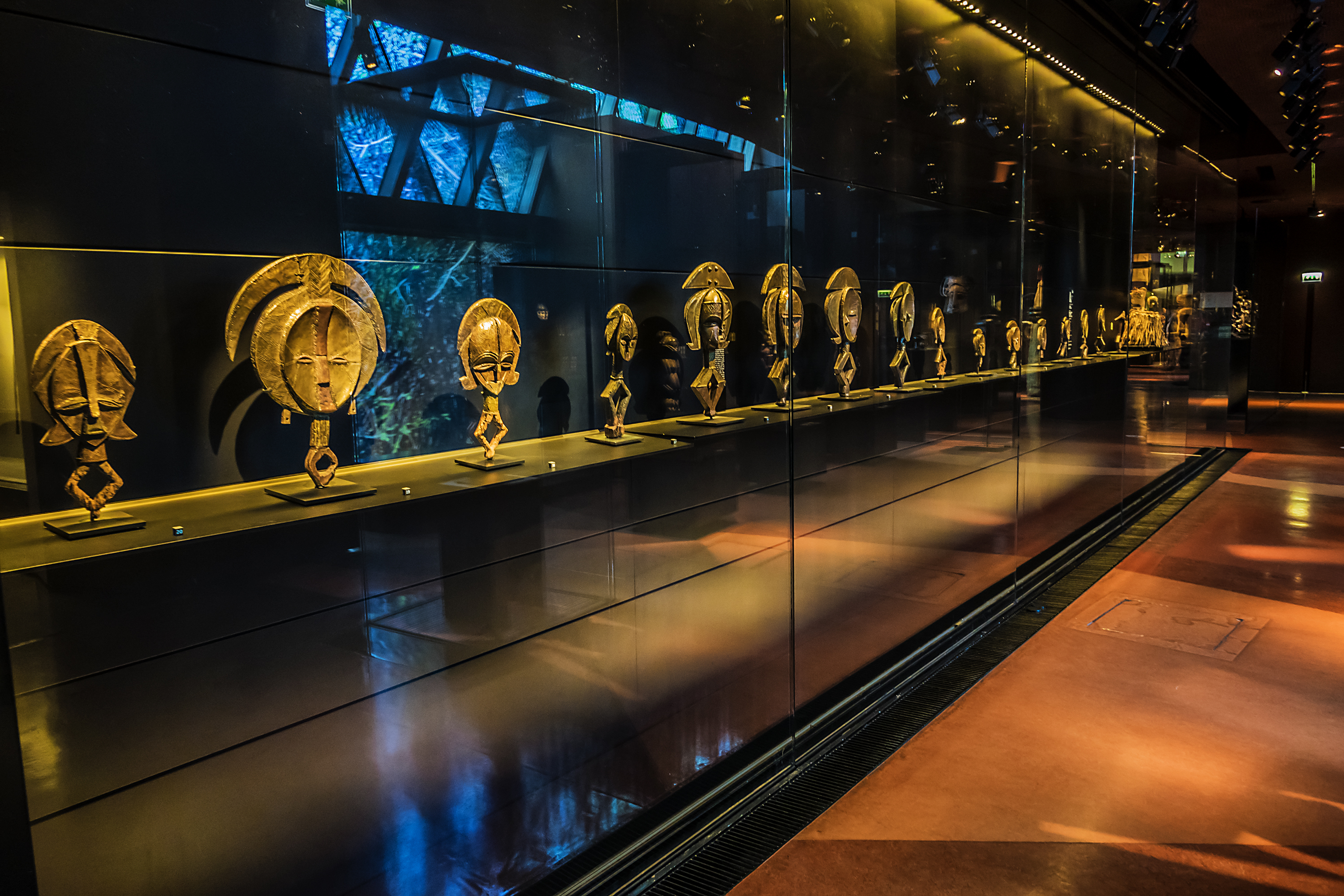
TASK OF FINDING STOLEN AFRICAN ART IN FRENCH MUSEUMS IN MOTION
ALBAWABA - Through the large collection of African artworks found in French museums, a large challenge lies ahead for curators who have been tasked with determining which pieces were acquired through colonial rule and should be returned to their places of origin.
French President Emmanuel Macron's 2017 pledge to repatriate African heritage within five years caused other former colonial powers like Belgium and Germany to want to do the same. In 2021, France returned 26 royal treasures taken from Benin during colonial rule, marking a large step forward.
Photo by STEPHANE DE SAKUTIN / AFP)
However, lately, progress has hit a roadblock, with the French government postponing a bill authorizing the return of cultural artifacts due to opposition in the Senate.
Despite the setback, French museums are diligently investigating the origins of approximately 90000 African objects in their collections, with the Quai Branly museum in Paris alone having 79000 pieces dedicated to indigenous art from various regions.
Identifying the provenance of each object is as important as it is challenging, requiring lots of research and cross-referencing of scattered sources.
(Photo by STEPHANE DE SAKUTIN / AFP)
The good news is that places such as the University of Paris-Nanterre and the Louvre School have introduced courses dedicated to provenance research such as this, hoping to make this practice more known.
Efforts are also underway to pool resources and collaborate with African museums to ease the burden of research. However, without clear criteria outlined in the proposed law, determining when an object should be returned remains unclear.
While loans and long-term retainers are proposed alternatives, some, like Nana Oforiatta Ayim, a culture adviser to Ghana's government, view them skeptically, emphasizing the importance of addressing historical injustice ethically.
Provided by SyndiGate Media Inc. (Syndigate.info). 2024-04-16T13:08:06Z dg43tfdfdgfd